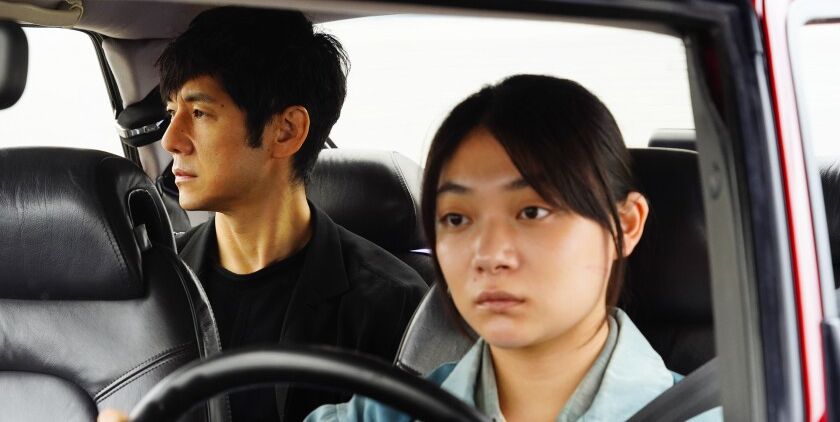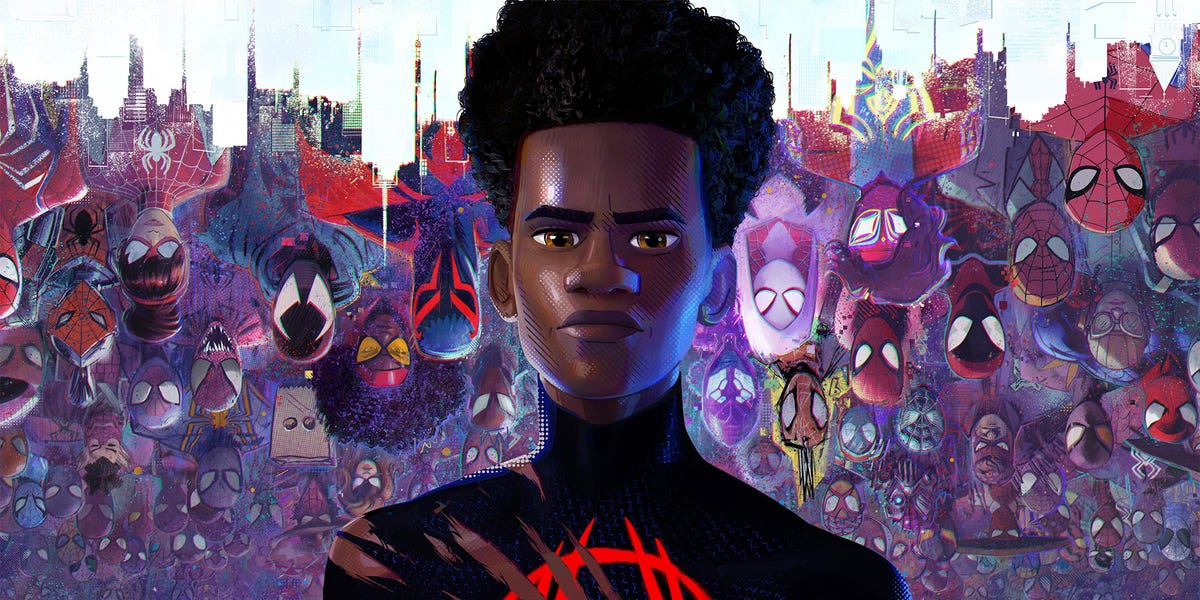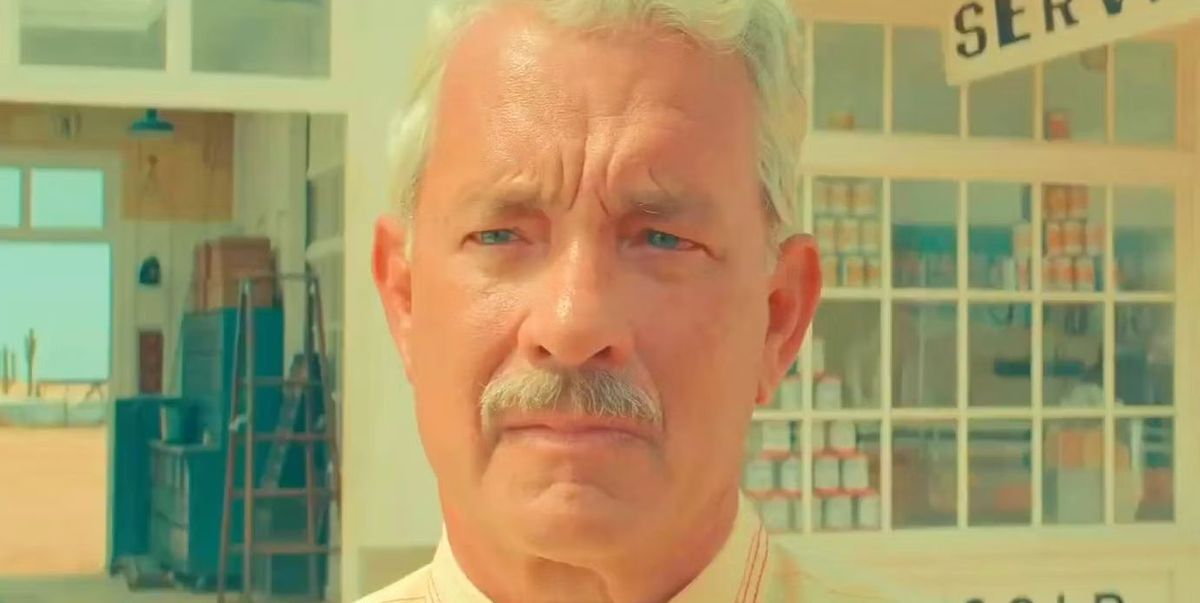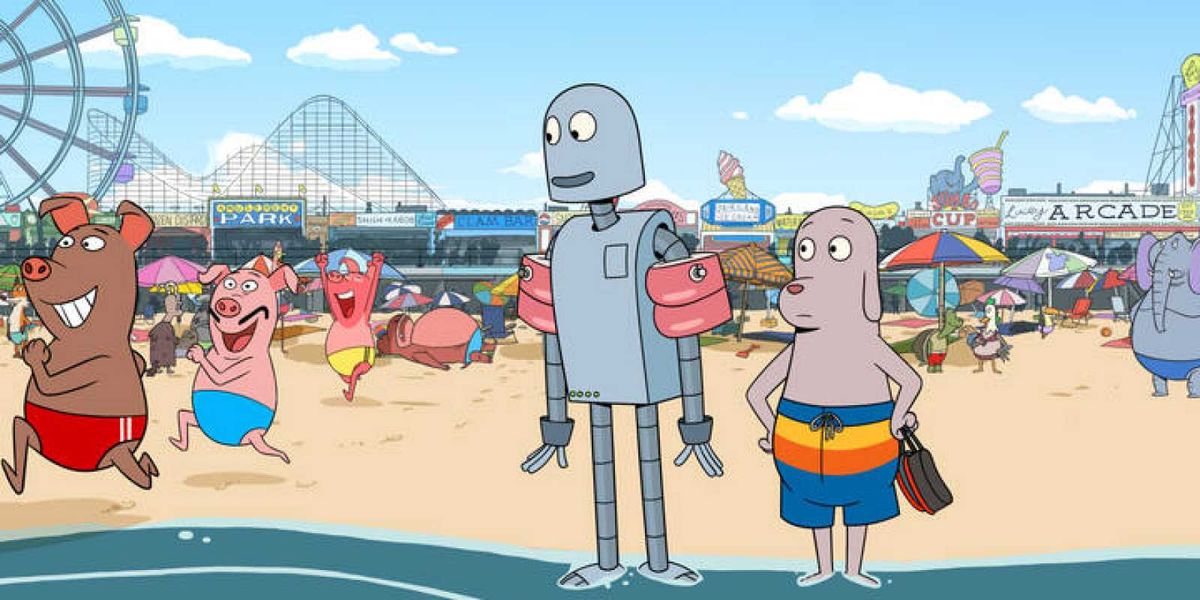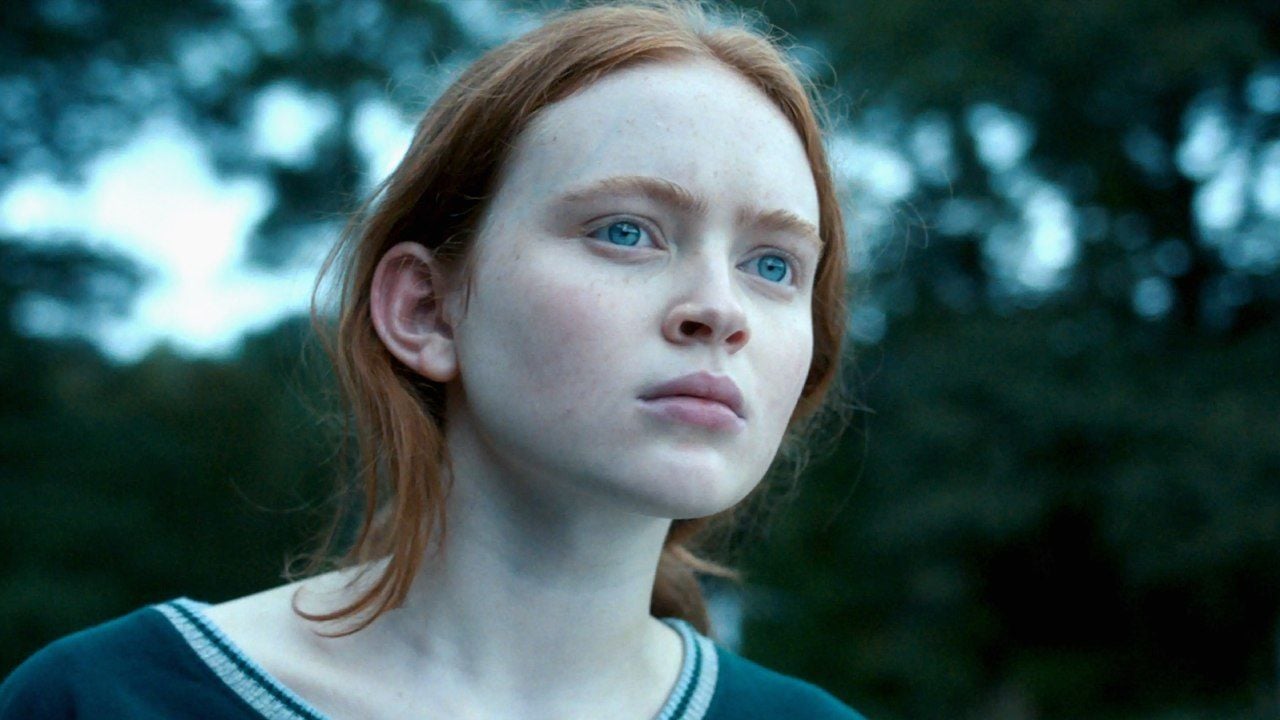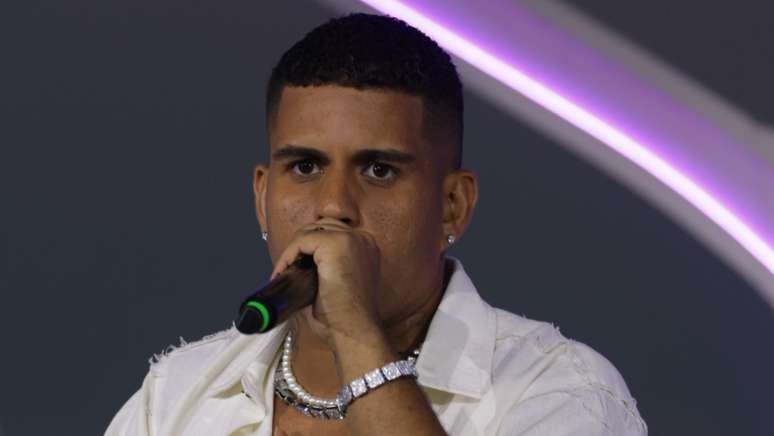For Chekhovians who love life more than disenchantment.
Direction: Ryūsuke Hamaguchi Distribution: Hidetoshi Nishijima, Toko Miura Original title: Doraibu mai kâ Country: Japan Year: 2021 Release date: 4–02-2022 Gender: Drama Script: Ryūsuke Hamaguchi, Haruki Murakami Photography: Hidetoshi Shinomiya Synopsis: Yusuke Kafuku is an actor and theater director. He is married to Oto, who is a playwright. They are a happy married couple, but suddenly Oto disappears leaving a secret behind her. Two years later, Yusuke accepts a director’s position at a theater and heads to Hiroshima driving his car. There he meets his personal driver, Misaki, a woman of few words. While sharing her time with her, Yusuke realizes things that he had ignored.
The best: its empathetic humanism and its sober and transparent forms.
The worst: that its three hours of footage, which pass in a flash, are dissuasive.
‘We will work for others, now and when we are old, without rest, and when the time comes we will say that we have suffered, that we have cried, that everything has been difficult, and then the universe will have mercy on us… and we will rest. We will rest.’ Sonia’s devastating monologue at the end of Chekhov’s ‘Uncle Vanya’ is translated, in ‘Drive My Car’, into a beautiful apology of gesture and silence that, somehow, uncovers the best kept secret of Ryûsuke Hamaguchi’s cinema. The Japanese filmmaker suggests that appearances are deceiving, that his is not only a cinema of the word; that words serve, as in the work of the Russian playwright, to hide what is not said, to illustrate that Chekhovian indirect action in which the classic story is the least important, in which what is important is negotiated between emotions and the contained body of the characters.
art as a vaccine
It is not surprising, then, that the film uses the rehearsals for ‘Tío Vania’ as a parallel correlate to that communion of loss, helplessness and empathy that occurs between a stage director and his female chauffeur. That some of the actors in the troupe speak different languages –even sign languages– reinforces that idea of emotional synergy that goes beyond language. Art, yes, is the vaccine against contemporary solipsism. In that connection between what is real and what is represented, the director of the excellent ‘The Wheel of Fortune and Fantasy’ finds the key to open wide the opacity of his characters, which melts away thanks to the way in which the Time erodes their armor. In the same way that ‘Happy Hour’ could not last less than five hours, ‘Drive My Car’ could not last less than three: how else would that intimacy of a car trip be born, outlined in a landscape that is left behind over and over again, like a mantra that drives away evil spirits? To Murakami’s dry, transparent prose, Hamaguchi reciprocates with a diaphanous sobriety, in which the time he spends with his creatures helps him unfold everything that was concentrated in the original story. Magnifying him on the battlefield results in the expansion of a certain idea of melancholy, with the generosity and warmth typical of a humanist who embraces life like Chekhov’s Sonia to her abnegation.
The best movies of 2022
The best movies of 2021
The 21 best Japanese directors of the 21st century
Source: Fotogramas
Camila Luna is a writer at Gossipify, where she covers the latest movies and television series. With a passion for all things entertainment, Camila brings her unique perspective to her writing and offers readers an inside look at the industry. Camila is a graduate from the University of California, Los Angeles (UCLA) with a degree in English and is also a avid movie watcher.

